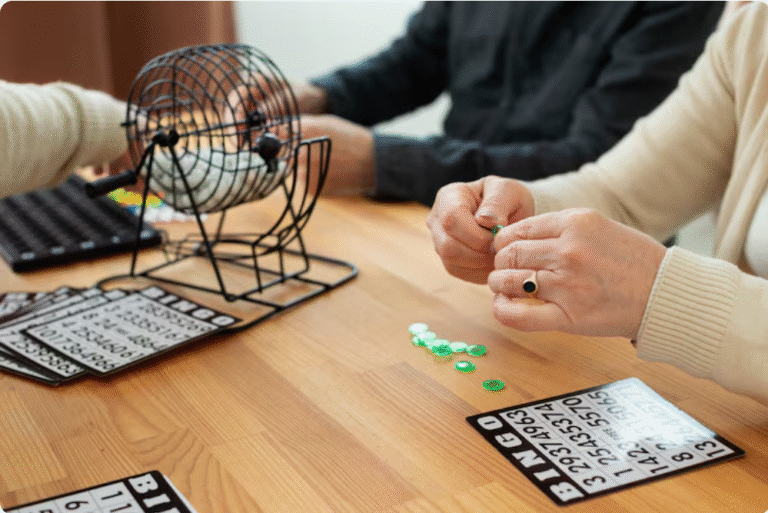If you ask a Filipino about bingo, chances are they’ll recall more than just numbers and cards. They might describe a church fundraiser, a barangay fiesta, or a night of laughter with neighbors. Bingo is not just a game—it’s a reflection of Filipino culture, law, and the changing landscape of entertainment.
Online Bingo Games: From Local Halls to Global Platforms
Bingo’s appeal lies in its simplicity: anyone can play, and everyone shares in the suspense. The shift online has brought this same thrill to new audiences, making the game more inclusive and accessible.
Platforms like bigbunny and Ebingo show how tradition adapts to technology. With just a smartphone, Filipinos at home or abroad can join real-time games that recreate the sense of togetherness once reserved for local halls. Online bingo demonstrates that cultural traditions can survive—even thrive—when reimagined digitally.
Philippines Online Entertainment Trends: A Nation That Plays Together
Entertainment in the Philippines has always been communal. From karaoke to basketball, Filipinos rarely enjoy pastimes alone. The rise of digital platforms has not changed this—it has expanded it.
Online bingo mirrors the same principle. It allows families to play together even when separated by distance. A parent in Manila might share the excitement of a game with their child working in Singapore. These shared experiences highlight how technology extends, rather than replaces, the social nature of Filipino entertainment.
Gambling and Law: A Dialogue Across Time
The tension between gambling and law is not new. Ancient societies often banned games of chance only to reintroduce them when funds were needed. The Philippines reflects this pattern.
When PAGCOR licensed online bingo in 2022, it wasn’t about creating something new—it was about recognizing an existing cultural practice. Licensing brought regulation, fairness, and accountability to an activity already rooted in Filipino life. This legal adaptation mirrors a broader truth: laws evolve in response to culture, not the other way around.
The Science of Play: Why Bingo Captivates Us
Why does bingo remain so compelling? Neuroscience explains it through dopamine, the brain chemical linked to reward and anticipation. Each number called sparks a small rush, keeping players engaged until the very end.
Psychology adds that bingo’s true magic lies in its social nature. Whether in a noisy hall or an online chatroom, the suspense is amplified by the presence of others. This combination of unpredictability and community makes bingo timeless, especially in a society where togetherness is highly valued.
Entertainment as Cultural Heritage
Archaeological finds—from carved dice to ancient boards—show that humans have always used games to bond, compete, and celebrate. Bingo is part of this long lineage of play.
In the Philippines, it has become a cultural marker, tied to community, charity, and celebration. Its move to online platforms ensures its relevance for a new generation that lives much of its life digitally. What could have been lost in transition has instead been preserved and expanded.
Looking Ahead: The Future of Bingo in the Philippines
The future may bring innovations such as virtual reality bingo halls or AI-driven game personalization. But while the platforms will evolve, the essence of bingo—suspense, laughter, and shared joy—will remain unchanged.
From barangay plazas to mobile screens, bingo tells the story of how Filipinos embrace change while holding on to tradition. It is proof that entertainment is never just play—it is culture in motion.
For more insights into the evolving role of bingo and games in Philippine life, Check the latest updates and reflections.

